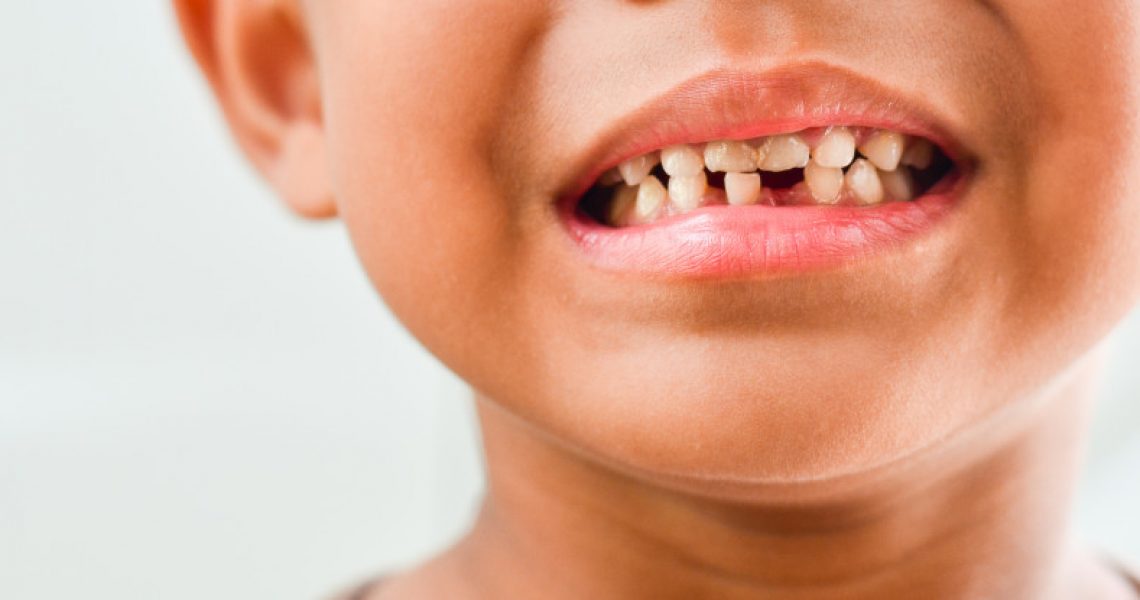It can be tough to see your child lose their teeth. Seeing them go through the pain and embarrassment of gaps in their smile can be even tougher. So, if your child is missing teeth, here are a few things you can do to help them through this tough time.
Consider getting your child dental implants.
Losing a baby tooth is a rite of passage for every child. It’s something that they’ll remember and cherish for the rest of their lives. But what happens when a child loses a tooth prematurely? Or worse, what if a child is born without a tooth? In cases like these, dental implants can be a godsend.
Dental implants are replacement tooth roots placed into the jaw to stabilize a new tooth or bridge. There are many reasons why parents might want to consider getting dental implants for their children.
For starters, dental implants can help improve the appearance of your child’s smile and restore their confidence. Additionally, a dental replacement or implant can help prevent problems with eating and speaking and also improve the overall health of your child’s teeth by preventing them from shifting out of place. Finally, dental implants are considered a safe and effective treatment option for children.
The first step in getting dental implants for children is to consult your child’s dentist to see if they are a good candidate for the procedure. If your child is missing one or more teeth, has good oral health, and has enough bone in their jaw to support the implant, they will likely be a good candidate for the procedure.
Once it has been determined that your child is a good candidate, the next step is to have the implant placed. This is typically done under general anesthesia, so your child does not feel any pain during the procedure.
After the implant has been placed, it will take some time to heal and integrate with the bone before the replacement tooth can be attached. The entire process usually takes several months from start to finish.
As with any type of surgery, there are always risks associated with getting dental implants. However, while these risks are possible, they are relatively rare. And usually, they can be effectively managed by your child’s dentist. Some possible risks include infection, damage to nearby teeth, sinus problems, and nerve damage.
Help your child brush and floss their teeth.
Ensure that your child maintains good oral hygiene, especially when they are missing teeth. It’s even more important to continue with these habits at this time to make sure the rest of their teeth stay healthy and strong. So, ensure they continue to brush their teeth twice a day and floss once a day.
Also, when your child is missing teeth, their gums can be sensitive. So, providing them with a toothbrush with soft bristles will help to ensure they are gentle on their gums and help prevent irritation. You should also encourage them to rinse with salt water. This can help cleanse the mouth and heal any cuts or abrasions in the mouth.

Talk to your child about their feelings.
If your child is missing teeth, they may feel self-conscious or even embarrassed. As a parent, it’s of utmost importance that you take the time to talk to your child about their feelings and help them understand that losing teeth is a natural and normal part of life. This can be a good reminder to your child that they’re not alone.
You can also share stories about other people who have gone through the same experience. This can help normalize the situation for your child and make them feel more comfortable about what’s happening.
It’s also important to reassure your child that they’re still just as special, even if they’re missing some teeth. Remind them that they’re not defined by their teeth and are still the same amazing person, no matter what.
Finally, be there for your child if they need to talk about their feelings or have questions. If they seem embarrassed or self-conscious, encourage them to open up about their feelings. Reassure them that it’s okay to feel however they feel, and offer your support. Let them know that you’re there for them, no matter what.
Missing teeth can be difficult for kids, both emotionally and physically. As a parent, you can do a few things to help your child through this tough time, including considering getting them dental implants, helping them maintain good oral hygiene, and helping them express their feelings.

